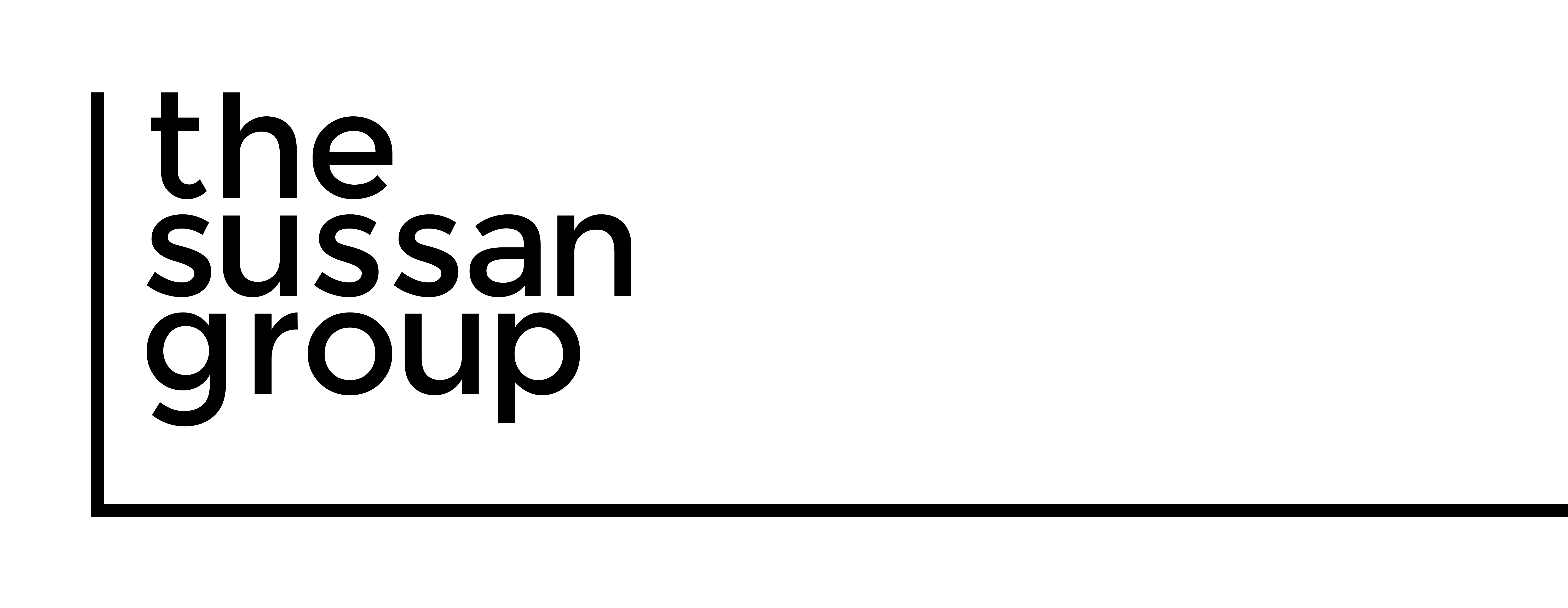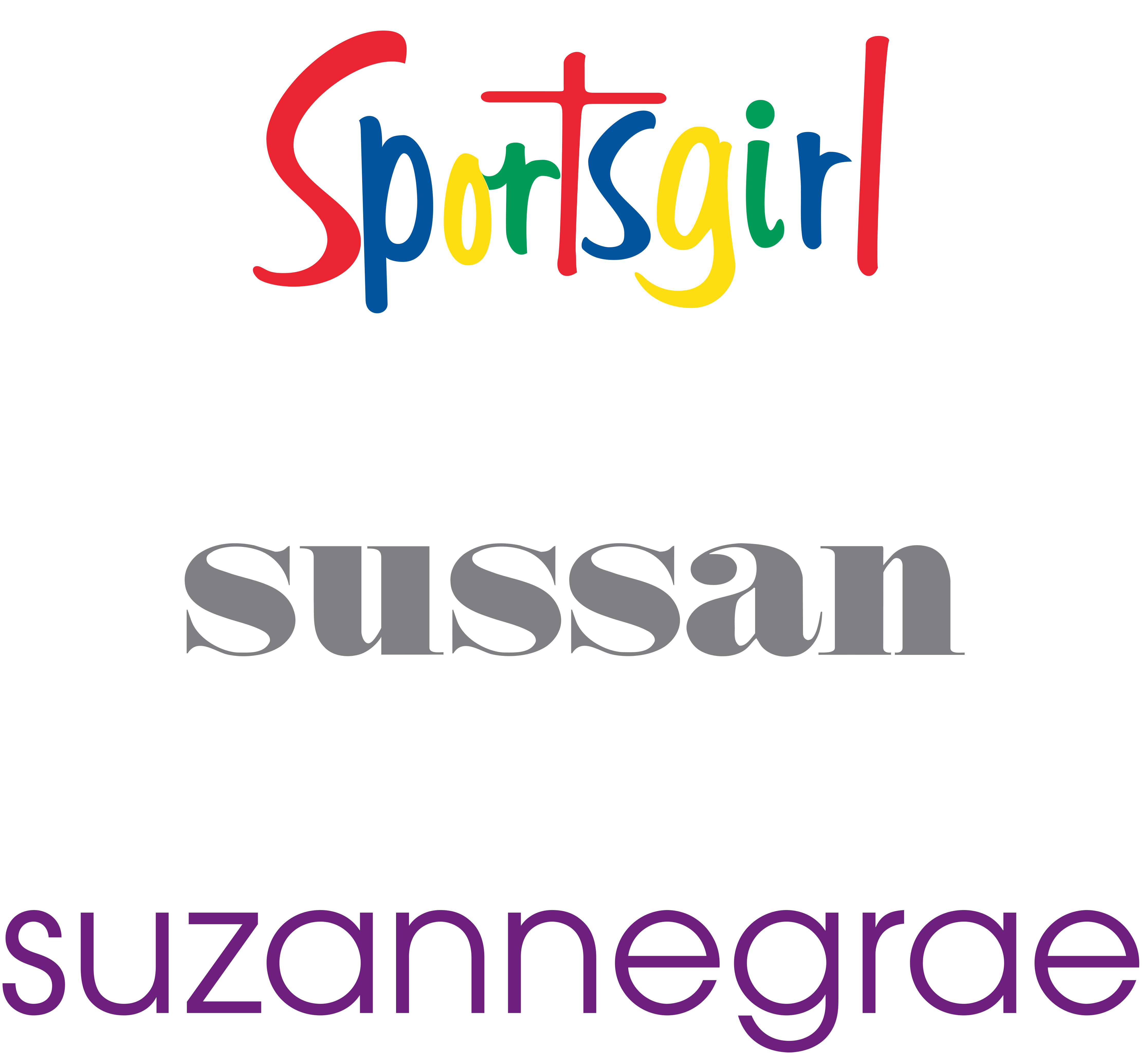

The Sussan Group

Victoria, Australia
June 2024
Apparel
Wholesale/Retail
Australia
The Sussan Group is a women’s clothing business with over 3000 employees and 500 stores across Australia. As a company that is led by women, and owned by women, we truly understand the transformative power of fashion in women's lives. Globally, women are disproportionately affected by social and climate issues, yet they hold immense potential to drive change. We are dedicated to empowering women to lead this positive transformation, believing firmly that when women rise, we all rise. We amplify women’s confidence and self-expression through inclusive fashion that caters to every body, regardless of age, size, or budget. As a best-in-class employer, we are constantly improving working conditions and nurturing women leaders across our entire supply chain. Through our charitable initiatives, community programs, and reconciliation action plan, we actively work to dismantle systemic barriers, ensuring equity and opportunity for all, fostering environments where women thrive. To combat climate change, we take decisive actions throughout our product lifecycle—from sourcing sustainable materials to innovative manufacturing processes and promoting circularity. Our commitment to sustainability is embedded in every step, ensuring our impact is both meaningful and lasting.
Overall B Impact Score
Governance 14.1
Governance evaluates a company's overall mission, engagement around its social/environmental impact, ethics, and transparency. This section also evaluates the ability of a company to protect their mission and formally consider stakeholders in decision making through their corporate structure (e.g. benefit corporation) or corporate governing documents.
What is this? A company with an Impact Business Model is intentionally designed to create a specific positive outcome for one of its stakeholders - such as workers, community, environment, or customers.
Workers 23.1
Workers evaluates a company’s contributions to its employees’ financial security, health & safety, wellness, career development, and engagement & satisfaction. In addition, this section recognizes business models designed to benefit workers, such as companies that are at least 40% owned by non-executive employees and those that have workforce development programs to support individuals with barriers to employment.
Community 20.9
Community evaluates a company’s engagement with and impact on the communities in which it operates, hires from, and sources from. Topics include diversity, equity & inclusion, economic impact, civic engagement, charitable giving, and supply chain management. In addition, this section recognizes business models that are designed to address specific community-oriented problems, such as poverty alleviation through fair trade sourcing or distribution via microenterprises, producer cooperative models, locally focused economic development, and formal charitable giving commitments.
Environment 23.0
Environment evaluates a company’s overall environmental management practices as well as its impact on the air, climate, water, land, and biodiversity. This includes the direct impact of a company’s operations and, when applicable its supply chain and distribution channels. This section also recognizes companies with environmentally innovative production processes and those that sell products or services that have a positive environmental impact. Some examples might include products and services that create renewable energy, reduce consumption or waste, conserve land or wildlife, provide less toxic alternatives to the market, or educate people about environmental problems.
What is this? A company with an Impact Business Model is intentionally designed to create a specific positive outcome for one of its stakeholders - such as workers, community, environment, or customers.
Customers 3.5
Customers evaluates a company’s stewardship of its customers through the quality of its products and services, ethical marketing, data privacy and security, and feedback channels. In addition, this section recognizes products or services that are designed to address a particular social problem for or through its customers, such as health or educational products, arts & media products, serving underserved customers/clients, and services that improve the social impact of other businesses or organizations.